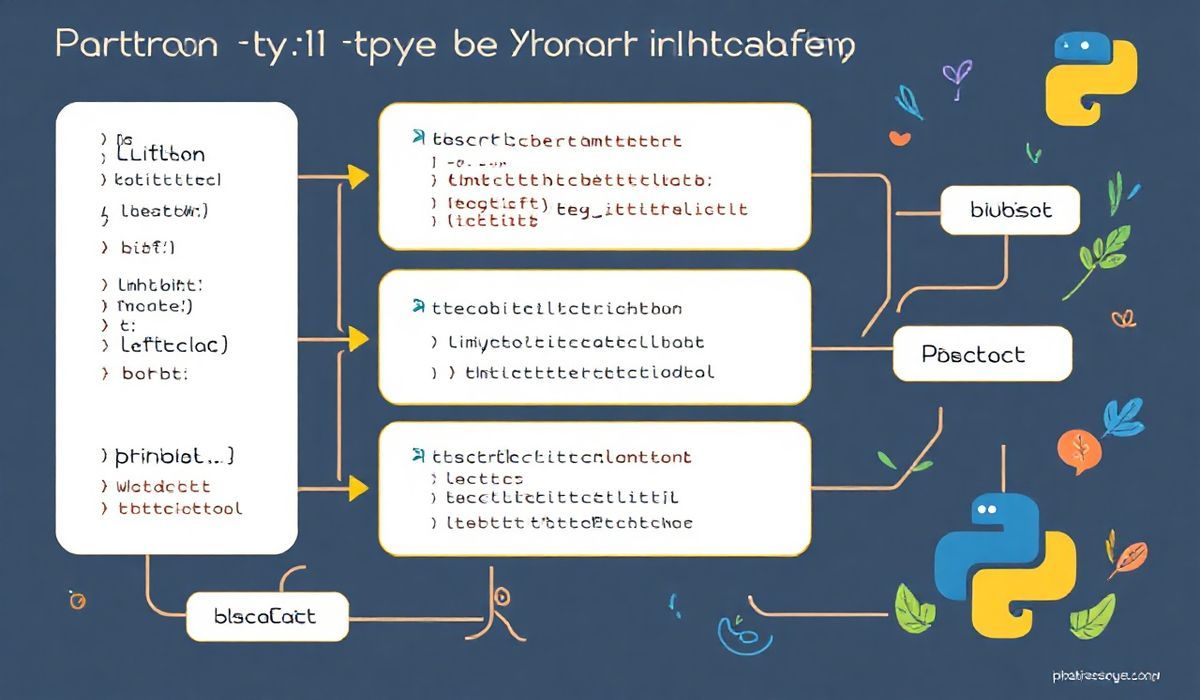Typing Extensions: Enhancing Type Hinting in Python
Python’s dynamic typing system offers flexibility, but it can lead to unexpected runtime errors. To tackle this, Python introduced type hinting in PEP 484, enabling developers to annotate their code for better readability, maintainability, and tooling support. While the standard typing module provides basic functionalities, typing-extensions serves as a powerful supplement, particularly for backward compatibility and experimental features.
What is Typing-Extensions?
typing-extensions is a Python library that provides backports of features proposed or accepted for the standard typing module. This allows developers to use advanced type hinting features in older versions of Python.
Key APIs in Typing-Extensions
Here are some of the most useful APIs in typing-extensions, along with examples:
1. Literal
Literal is used to specify that a variable can only take on specific predefined values:
from typing_extensions import Literal
def set_status(status: Literal["open", "closed", "pending"]) -> None:
print(f"Status set to {status}")
set_status("open") # Valid
set_status("archived") # Error
2. TypedDict
TypedDict allows specifying types for dictionary keys and values for better clarity:
from typing_extensions import TypedDict
class User(TypedDict):
id: int
name: str
active: bool
user: User = {"id": 1, "name": "Alice", "active": True}
3. Protocol
Protocol is used to define structural subtyping (duck typing):
from typing_extensions import Protocol
class Flyer(Protocol):
def fly(self) -> str:
...
class Bird:
def fly(self) -> str:
return "I'm flying"
def check_flyer(entity: Flyer) -> None:
print(entity.fly())
bird = Bird()
check_flyer(bird) # Valid
4. Annotated
Annotated enriches type hints with additional metadata:
from typing_extensions import Annotated
def process_item(item: Annotated[int, "Only positive integers"]) -> None:
print(f"Processing {item}")
process_item(10) # Works as expected
5. Self
Self is useful for annotating methods that return the instance of the same class:
from typing_extensions import Self
class Builder:
def add_element(self) -> Self:
print("Element added")
return self
builder = Builder()
builder.add_element().add_element()
Combining APIs: A Typing-Extensions Example App
Let’s build a simple application that demonstrates the power of typing-extensions APIs:
from typing_extensions import Literal, TypedDict, Protocol, Self
class User(TypedDict):
id: int
name: str
role: Literal["admin", "user"]
class Printable(Protocol):
def print_details(self) -> str:
...
class UserManager:
def __init__(self) -> None:
self.users: list[User] = []
def add_user(self, user: User) -> Self:
self.users.append(user)
return self
def list_users(self) -> None:
for user in self.users:
print(f"ID: {user['id']}, Name: {user['name']}, Role: {user['role']}")
manager = UserManager()
manager.add_user({"id": 1, "name": "Alice", "role": "admin"}) \
.add_user({"id": 2, "name": "Bob", "role": "user"}) \
.list_users()
Conclusion
typing-extensions is an indispensable tool for developers who aim to write type-safe, clean, and robust Python code. By leveraging its versatile APIs, you can improve your project’s maintainability, readability, and compatibility across Python versions. Incorporate it into your workflow and enjoy seamless type hinting!




